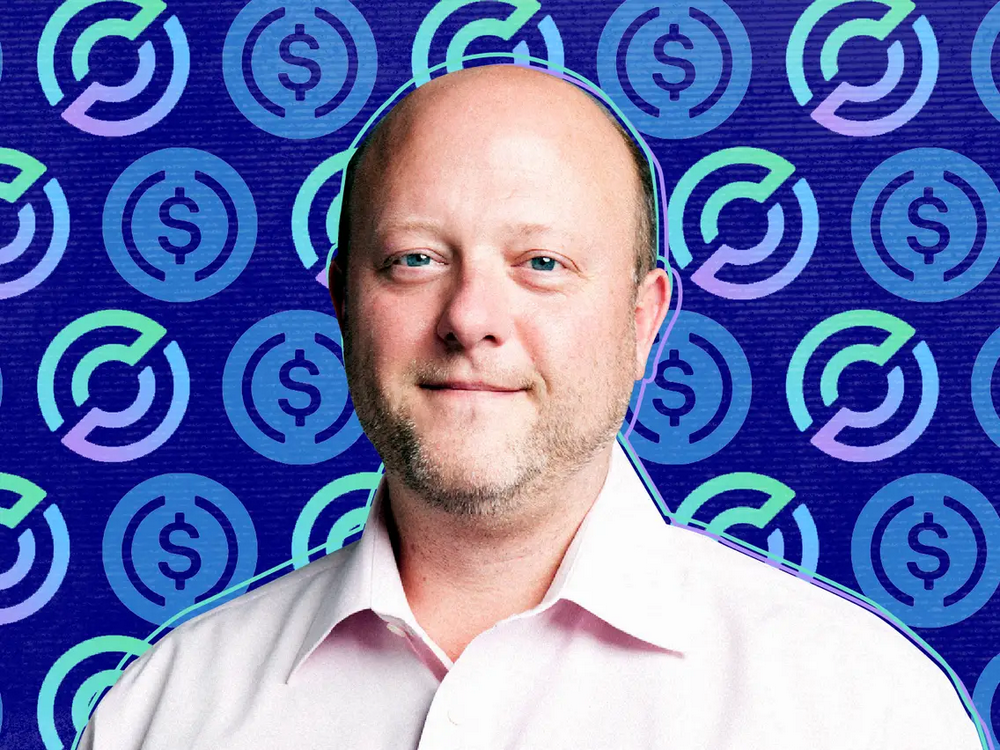Does the Martin Act not apply to USDT? Bitfinex asks the judge to dismiss the lawsuit filed by the Attorney General of New York
According to Coindesk's May 21 report, the controversial cryptocurrency companies Bitfinex and Tether asked the judge to dismiss the New York Attorney General (NYAG) lawsuit against the two companies, saying they had no customers in New York State.

Image source: visualhunt
As we all know, Bitfinex and Tether have the same owners and managers. In a new filing to the court on Tuesday, the lawyers of the two companies also asked New York Supreme Court Justice Joel M. Cohen to suspend NYAG's request for "demanding" documents from Bitfinex and Tether when considering this issue.
- The 9th anniversary of the Bitcoin Pizza Festival, the story that the encrypted community has to say
- Babbitt column | Is there a bookmaker in Bitcoin?
- Senior code farmers are also recruited, BitGo engineer director stolen $100,000 bitcoin
Lawyers Jason Weinstein and David I. Miller write that the two companies "have nothing to do with New York investors, their platforms are not open to New Yorkers, nor do they advertise or conduct business in New York."
In addition, lawyers believe that the Attorney General "has not even determined any 'victim' status in New York (or other relevant region), in which case NYAG is using New York law, the Martin Act governing securities and commodities. (Martin Act), and Tether's stable currency USDT is not a security or a commodity. Therefore, the two companies “rejected the lawsuit on the grounds of lack of witness and subject jurisdiction”.
In a separate written testimony, Stuart Hoegner, general counsel at Bitfinex and Tether, wrote that both companies prohibit any US resident (including New York residents) from trading on their platform and only verified Tether customers. You can exchange USDT for USD, instead of being able to redeem the stable currency as you would in the secondary market.
Anchor the dollar, or support it with bitcoin?
In addition, at a hearing last week, Miller revealed that Tether had previously used part of the reserve for investing in Bitcoin.
Encryption industry media The Block released a record of the May 16 hearing on Tuesday, showing that before NYAG obtained the right to issue a preliminary ban on the two companies, Miller told the court, "In fact, Tether invested Not just cash and cash equivalents, but also bitcoin. They bought bitcoin." But he later said that he only bought "small" bitcoin.
This is an important statement. Because until recently, Tether has insisted that the USDT is supported by a 1:1 dollar (in February this year, the company updated its terms and conditions, saying that collateral can include other assets and later proved to include loans to Bitfinex) . Even Cohen, Judge, was surprised to hear that he said to Miller:
“In my opinion, Tether is like a calm place in the cryptocurrency trading storm. So, if Tether is supported by Bitcoin, how does it keep the reserve funds in line with the circulation?”
One possible explanation is that “small amounts” refer to very small quantities that do not form part of true support. Investair Milne, an investor who recently participated in Bitfinex's recent token sales, wrote on Twitter on Tuesday afternoon that Tether holds less than one bitcoin just to pay for the transaction fee for the Omni protocol running on the Bitcoin blockchain.
Rather, according to the Omni browser link shared by Milne, Tether holds 0.075 bitcoins, or about $600, which is insignificant compared to Tether's unliquidated $2.8 billion. At the time of writing, Tether's spokesperson and his lawyer, Miller, did not respond to CoinDesk's request for comment.
At the end of last month, NYAG obtained a preliminary ban on the freezing of Tether assets and requested documents for its $625 million loan and $900 million line of credit to Bitfinex.
After losing about $850 million in allegedly held by Crypto Capital, the cryptocurrency exchange needed these funds to continue processing customer withdrawals. Crypto Capital is a payment processing company and the focus of investigators.
We will continue to update Blocking; if you have any questions or suggestions, please contact us!
Was this article helpful?
93 out of 132 found this helpful
Related articles
- Blockchain
- Securities Pass 2.0 Agreement: Hybrid Securities Pass
- Enterprise encryption service provider enters the game, Keystore officially joins the Wanchain galaxy consensus node plan
- Quote analysis: Bitcoin sky map convergence concussion at the end, is about to face a change!
- Bitcoin "New Bull Market", Li Xiaolai came back, and the off-site organization also came.
- Twitter Featured: BSV soars 200%, EOS parent company brings 65 times earnings to investors
- What is the reason for the continued surge in bitcoin since May?






